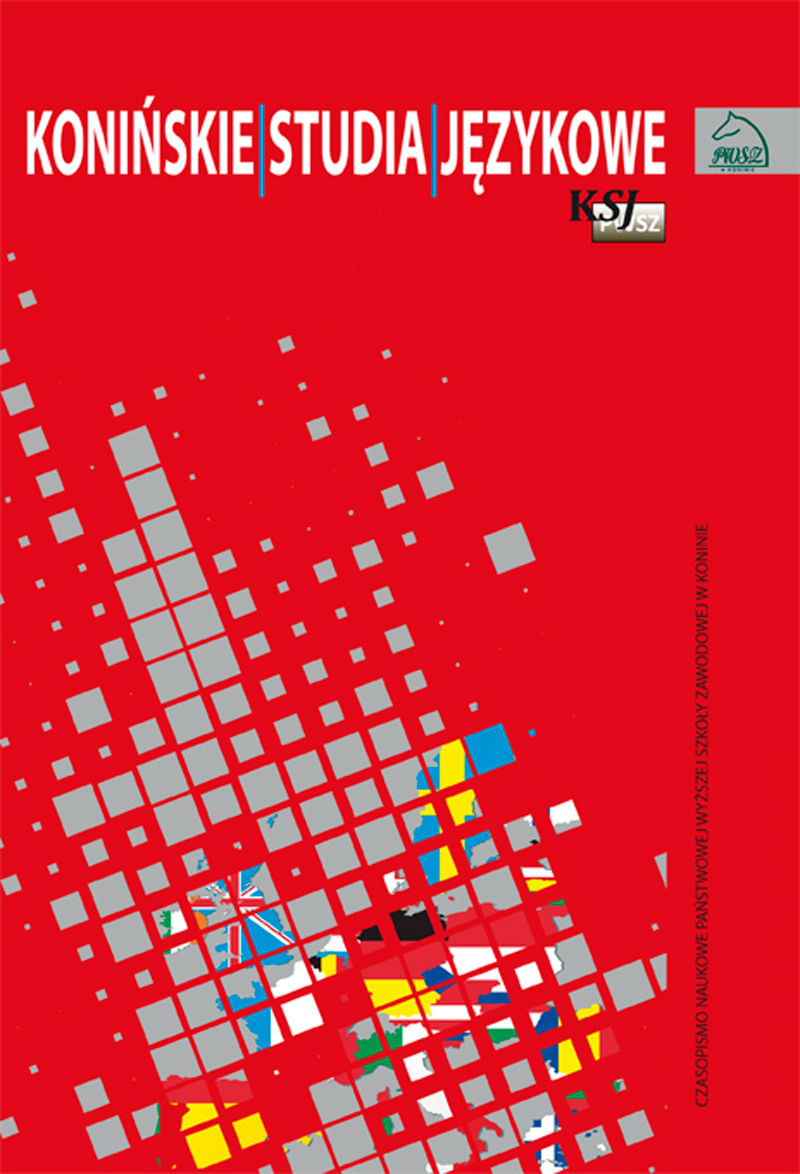Language learning style preferences and the development of L2 oral skills
Language learning style preferences and the development of L2 oral skills
Author(s): Damaris Ana Ruth Panzachi Heredia, Pedro Luis LuchiniSubject(s): Foreign languages learning
Published by: Akademia Nauk Stosowanych w Koninie
Keywords: : L2 acquisition; good language learner; self-regulation; learning styles
Summary/Abstract: Although many L2 trainees find it difficult to pass their English language and pronunciation courses in college, some others manage to reverse this frustrating situation and eventually become good language learners (GLLs). GLLs learn how to self-regulate their learning process. Rubin (2001) argues that these learners are distinguished by their ability to use their knowledge, beliefs, and cognitive processing in a flexible manner. This cross-sectional case study aims at observing and describing the language learning styles that two trainees used to become GLLs. Both participants completed a learning style survey and took part in semi-structured interviews. Data obtained by means of these instruments highlighted the importance of learners’ taking the responsibility for their own learning. We further claim that learners who organize new information and consciously relate it to previous knowledge learn better than those who simply memorize such information. In view of this, the suggestions provided here may serve as a point of departure for other L2 learners facing similar difficulties in their learning processes. As regards teachers, we believe that they must understand how to promote learning to learn. We expect that these suggestions regarding learning styles will provide valuable information for language instructors.
Journal: Konińskie Studia Językowe
- Issue Year: 4/2016
- Issue No: 4
- Page Range: 463-489
- Page Count: 27
- Language: English

